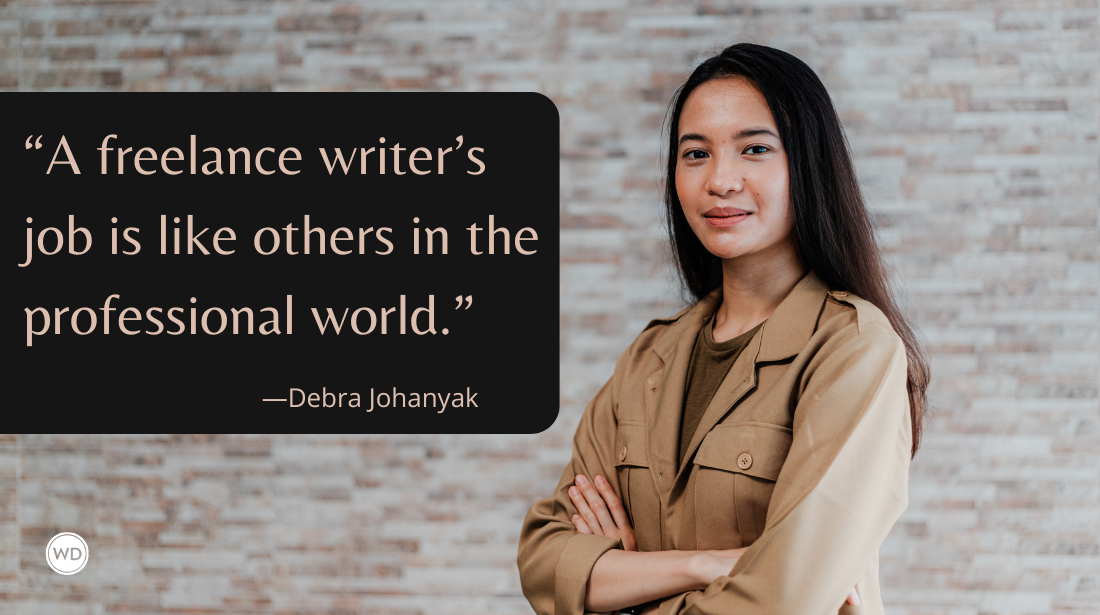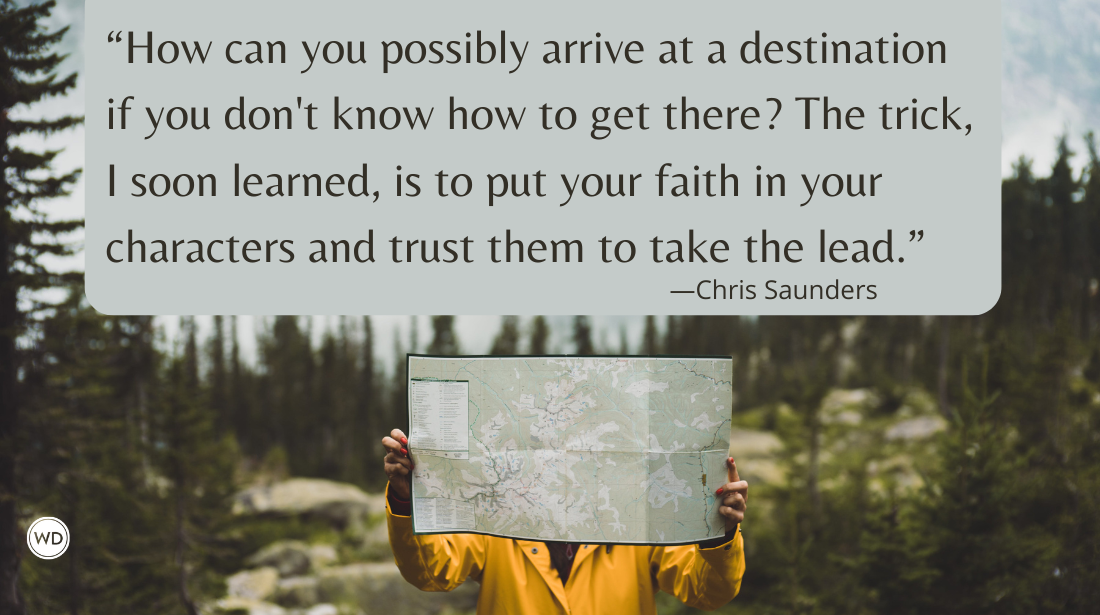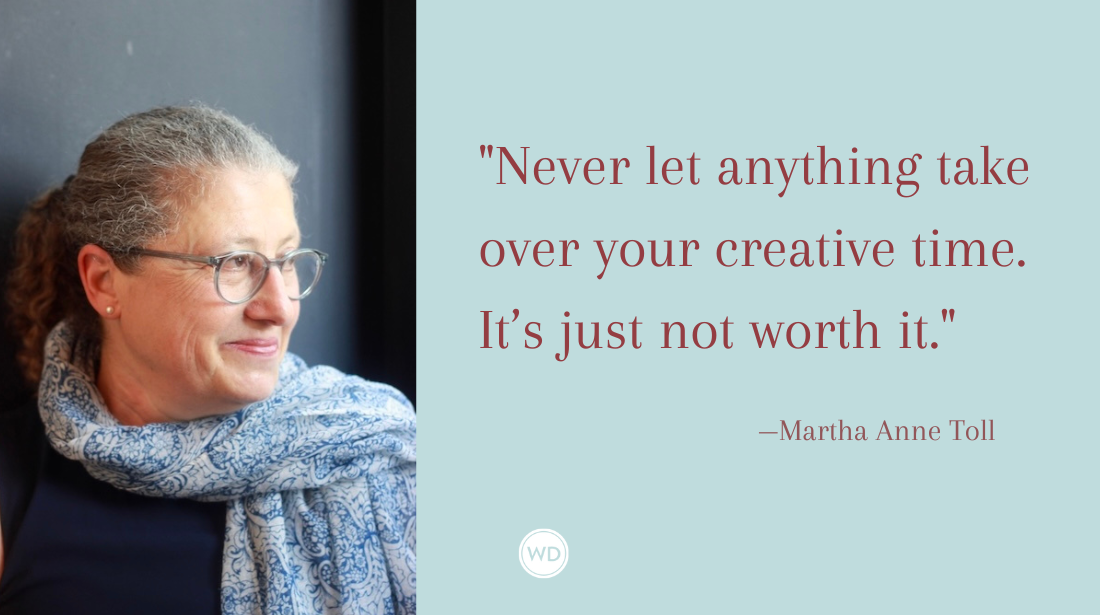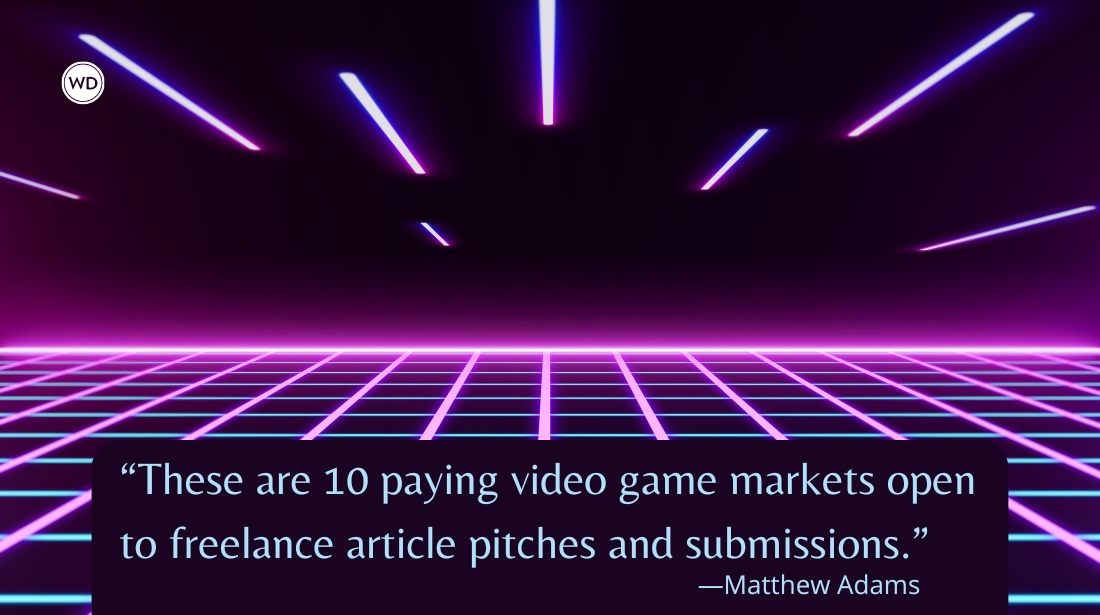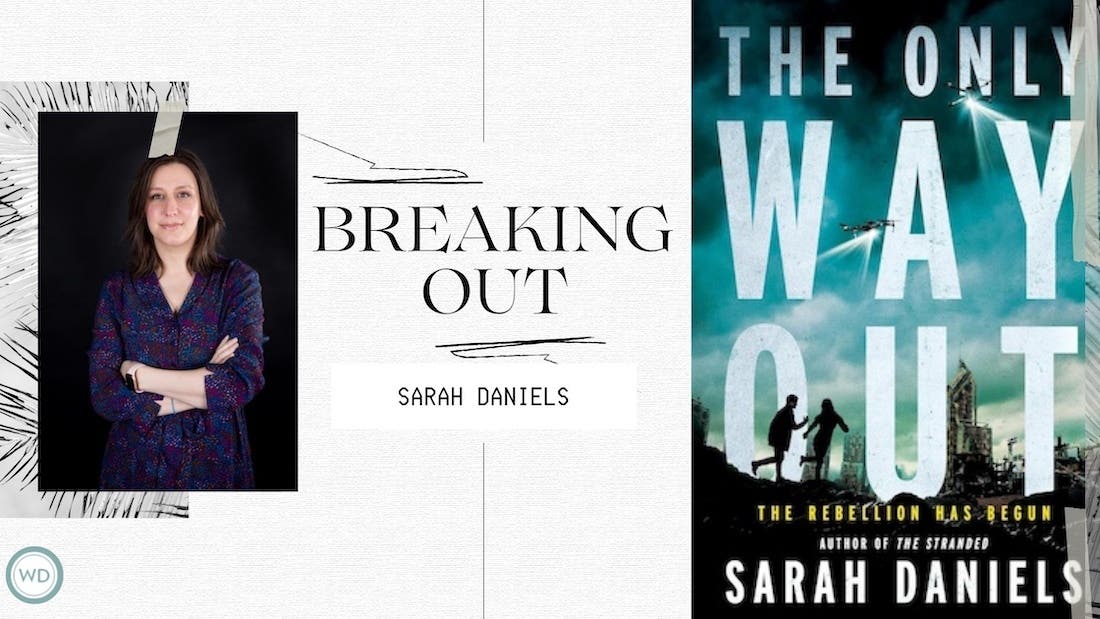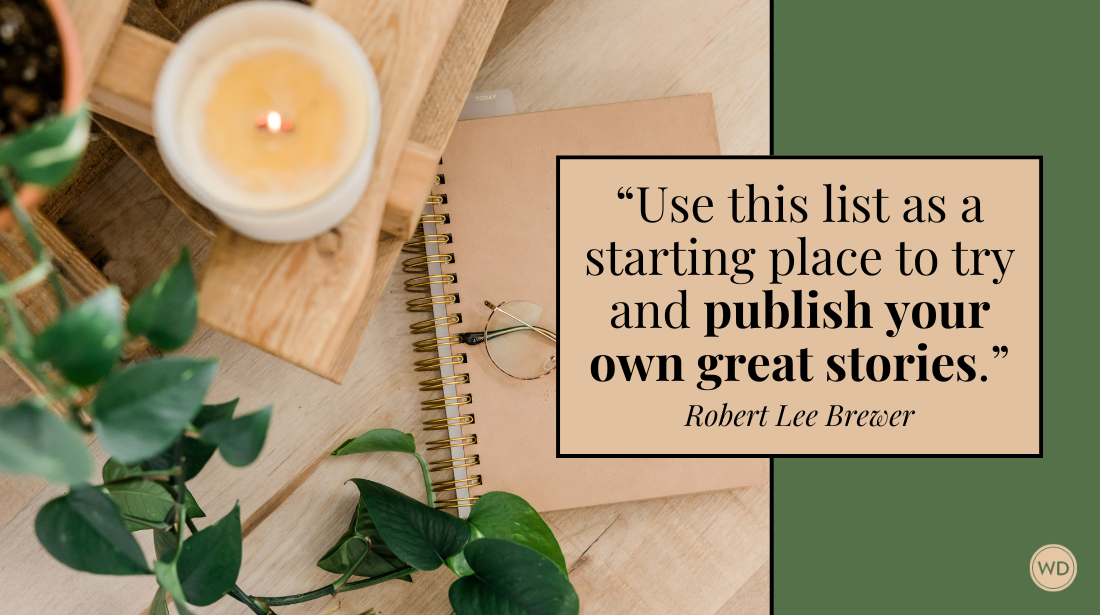Self-Publishing & Online Publishing Will Not Ruin Your Chances at a Traditional Deal
I’m myth-busting today! If you self-publish your work—online or in print—you are NOT killing your chances of a traditional deal later. I don’t care if you uploaded it to Kindle…
I'm myth-busting today!
If you self-publish your work—online or in print—you are NOT killing your chances of a traditional deal later.
I don't care if you uploaded it to Kindle DTP, Scribd, Smashwords, plus your own site. I don't care if you made it a mobile app. I don't care if you podcasted the whole thing. I don't care if you made it free, or if you charged, or what you charged.
What I do care about is how well you did it, and what happened as a result.
- Did you gain followers/fans/readers?
- Did you get the attention of a major blogger or opinion maker?
- Did you blow the doors off a regional bookstore?
- Did you make a splash in a community?
- Did you experiment, take a risk, see your efforts pay off?
- Did you fail, improve, see your efforts pay off?
That is: Did you do it with meaning and intention? Or did you haphazardly throw things online?
It's true (for now) that publishers don't want to buy books where they can't have the e-book rights. That's why, after you get a traditional deal, you remove your work from online sites (assuming your agent agrees it's OK to sell those rights to the print edition publisher).
But no agent, and no publisher, is going to turn away a project where they see potential to make money. Why else would David Carnoy get a deal after launching a free app and selling 30,000 e-books? Why would Hyla Molander get calls from editors about her Scribd success?
If you want to know how to self-publish or online publish with dignity, and with decent results, I encourage you to sign up for my class this week on the topic.
That aside, here are recent traditional publishing deals that were announced by PublishersMarketplace with self-published authors. (If you don't subscribe to this service, it can be helpful for research, but it costs $20/month.)
Ellen Dolgen and Jack Dolgen's Shmirshky
• Bought by Hyperion Voice
• Agented by Brick House
Alexander Osterwalder and Yves Pigneur's Business Model Generation
• Bought by Wiley
• Agented by Jeffrey Krames
Cathie Beck's Cheap Cabernet
• Bought by Hyperion Voice
• Agented by William Morris Endeavor
Karen McQuestion's originally self-published Kindle novel A Scattered Life
• Bought by Amazon Encore
Elizabeth Cobbs Hoffman's In the Lion's Den
• Sold to Ballantine
• Agented by Writers House
April Hamilton's The Indie Author Guide
• Sold to Writer's Digest
• Agented by Rita Rosenkranz
Michael Sullivan's Necessary Heartbreak
• Sold to Pocket
• Agented by Irene Webb
Do you know of other stories of authors who self-published or e-published, then went onto a traditional deal (in 2010)? Share it in the comments, or contact me.
Jane Friedman is a full-time entrepreneur (since 2014) and has 20 years of experience in the publishing industry. She is the co-founder of The Hot Sheet, the essential publishing industry newsletter for authors, and is the former publisher of Writer’s Digest. In addition to being a columnist with Publishers Weekly and a professor with The Great Courses, Jane maintains an award-winning blog for writers at JaneFriedman.com. Jane’s newest book is The Business of Being a Writer (University of Chicago Press, 2018).



